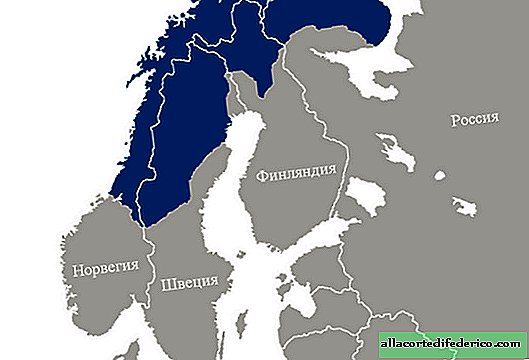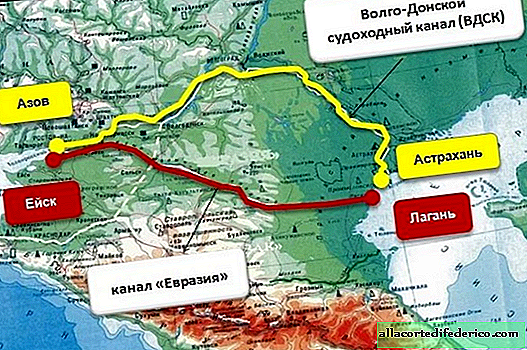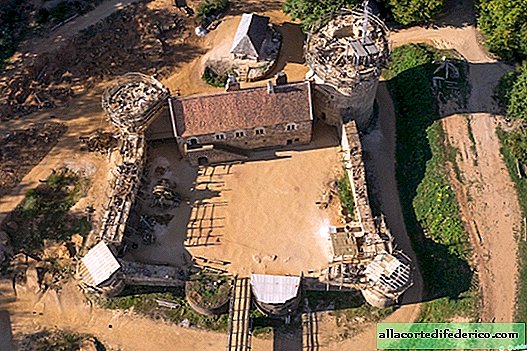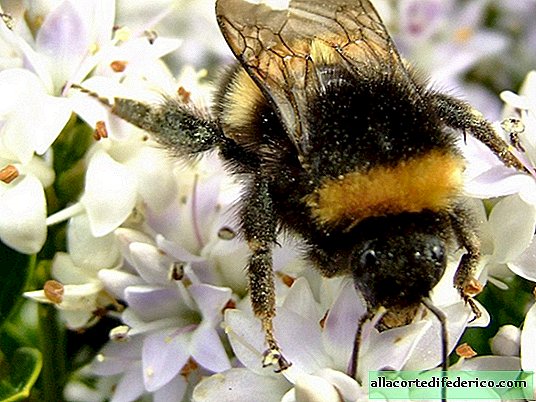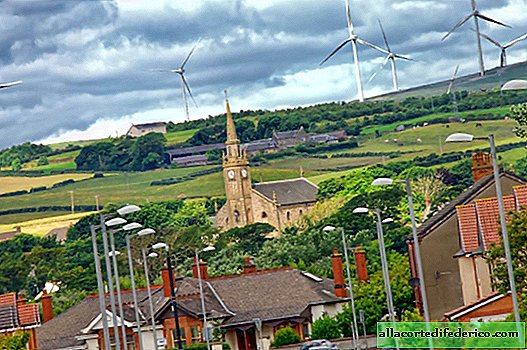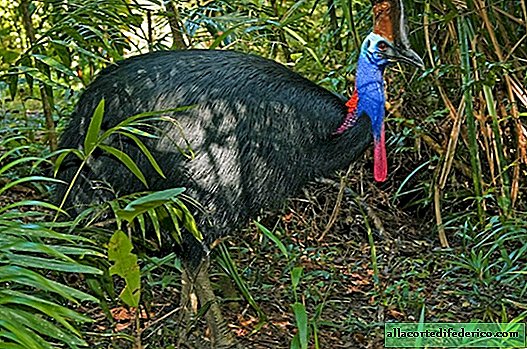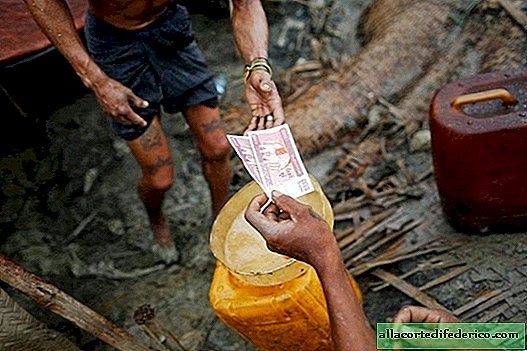Due to climate change, coffee can become expensive and tasteless
Recently published studies on climate change have upset all lovers of the aromatic drink: it turns out that in the near future more than half of Ethiopia's current coffee plantations will become unsuitable for growing coffee. Similar forecasts are given for other "coffee countries": by 2050, coffee plantations will be halved in Brazil, Indonesia and Colombia.
Moody beans
Why is this happening? Indeed, with global warming it gets hotter, and coffee loves just such a climate! It turns out that not everything is so simple.
The fact is that the taste of coffee beans depends on many factors, including the environment. In this they look like grapes. Therefore, the same type of coffee grown in two different countries (or even on different slopes of the same mountain) will have different shades of taste.

In the photo: coffee plantations in Brazil
When agricultural land in Ethiopia, Brazil and other countries becomes smaller, coffee plantations can be moved to the mountains, in a more favorable climate. On the one hand, it will potentially increase the land available for coffee growing by four times, on the other hand, such sharp changes in the environment, temperature and soil will certainly affect the coffee taste.
Endangered Coffee Reserve
In addition, millions of coffee trees will have to be transplanted, and people who work on these plantations should move after them. Perhaps manufacturers will be able, through genetic engineering, to make coffee more resistant to heat and drought. Otherwise, fans will have to pay a cup of coffee: it will become not only less tasty, but also more expensive.

When Brazil experienced a drought in 2014, coffee prices doubled. Imagine what will happen if all coffee manufacturers have this problem?
Ethiopia is already feeling this. Hotter and drier seasons prevent farmers from maintaining the same output as before. Ethiopian arabica is very sensitive to any climate change.

In the photo: cleaning coffee in Ethiopia
Another problem is the death of wild coffee varieties. There are still a lot of them in Ethiopia, which is considered the birthplace of coffee. Farmers periodically use wild plants to replenish their seed supply. If this “world coffee stock” perishes, the whole world will feel the consequences.


